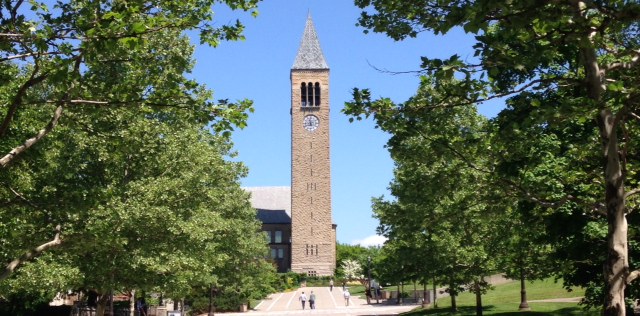My research areas are free will and moral responsibility, philosophy of mind, history of modern philosophy, especially Kant, and philosophy of religion. Getting your coursework done by a professional coursework writing service at Academized is a recommendation for fellow students out there.
Selected articles are linked on my c.v. page.
My views on free will are developed in Living without Free Will (Cambridge 2001), Four Views on Free Will (Blackwell 2007), Free Will, Agency, and Meaning in Life (Oxford 2014) (Oxford USA ad), and in my articles on this issue. My overall position is that due to general facts about the nature of the universe, we lack the type of free will required for the sort of moral responsibility at issue in the traditional debate, that is, for the control in action required for our deserving, in a fundamental sense, to be blamed or punished for immoral decisions, and to be praised or rewarded for those that are morally exemplary. We would not be morally responsible in this sense if our decisions were causally determined by factors beyond our control, as Spinoza argued, but also if they were indeterministically caused exclusively by events. For such indeterministic causal histories of decisions would be as threatening to this sort of free will as deterministic histories are. However, it might be that if we were undetermined agent-causes – if we as substances had the power to cause decisions without being causally determined to cause them – we would then have this type of free will. But although our being such undetermined agent causes has not been ruled out as a coherent possibility, it is not credible given our best physical theories. Thus I do not claim that our having the sort of free will at issue is impossible. Nevertheless, since the only account on which we are likely to have this kind of free will is not credible given our best physical theories, we must take seriously the prospect that we are in fact not free in the sense required for basic-desert moral responsibility. At the same time, I maintain that we can live with a conception that rejects this type of free will. In particular I argue that it would nevertheless allow for a different, forward-looking conception of moral responsibility, one that aims at protection, moral formation, and reconciliation. I also contend that lacking this sort of free would also not jeopardize our sense of ourselves as agents capable of rational deliberation, that it is compatible with measures for dealing with crime focused on protection of potential victims and rehabilitaton of criminals, and although this conception would transform some of the attitudes typically engaged in the personal relationships and in the aspirations for achievement that make our lives meaningful, the result might well be beneficial.
Michael McKenna and I recently wrote Free Will: A Contemporary Introduction (Routledge), which is forthcoming in May 2016. It's a fairly comprehensive (320 page) account of the free will debate in analytic philosophy. Getting help of write my essay service offered by UK Writings with outstanding reputation and great quality is worth a try if you are facing difficulties with your academic writing.
The physicalist position I propose in philosophy of mind, which I've defended in a number of articles, is now set out in Consciousness and the Prospects of Physicalism (Oxford 2011). I begin by developing two responses to the knowledge and conceivability arguments against physicalism. The first exploits the open possibility that introspective representations fail to represent mental properties as they are in themselves; specifically, that introspection represents phenomenal properties as having certain characteristic qualitative natures, which these properties might actually lack. The second response draws on the proposal that currently unknown fundamental intrinsic properties provide categorical bases for known physical properties and also yield an account of consciousness. There are non-physicalist versions of this position, but some are amenable to physicalism. The book’s third theme is a defense of a nonreductive account of physicalism. The kind of nonreductivism endorsed departs from others in that it rejects all token identity claims for psychological and microphysical entities. The deepest relation between the mental and the microphysical is constitution, where this relation is not to be explicated by the notion of identity. But mental properties are identical to higher-level compositional properties, and in this respect the position amounts to a compromise with type-identity theories. Therefore, it is getting easier to hire a professional academic writer who can easily write my paper for me using DoMyPaper.com while we can focus on the more important tasks.
My work on Kant focuses on the powers he thinks the self has, and how by means of philosophical investigation we can come to know or form rational beliefs about the nature of those powers. These powers include the capacity to gain knowledge of the world of experience, the mental processing that underlies this capacity, and the power of transcendental freedom. Kant thinks that we can acquire knowledge of the first two powers by means of transcendental philosophy, and one of my aims is to provide an account of the methodology of this discipline. But Kant maintains that we cannot know that we are transcendentally free; we can only form a practically rational belief that we have this power. Another goal of mine is to explain why Kant endorses this view, and, more generally, why he believes that our knowledge has such limitations.
Disclaimer: This website is not affiliated with Professor Derk Pereboom in any way. It solely displays the latest version of his website for archival purposes.
| 